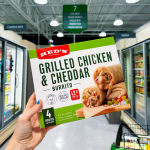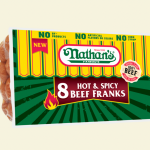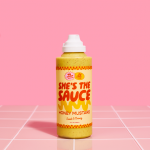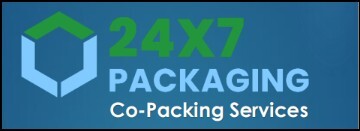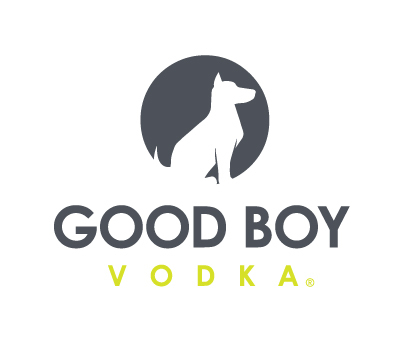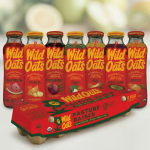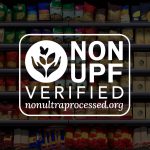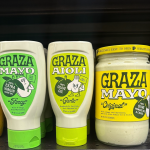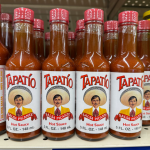Can Lunchables Go Vegan? How Mighty Yum Wants To Take On The Category Leader
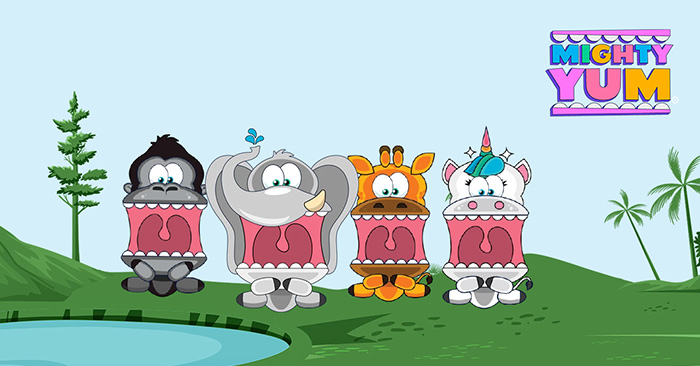
How does an emerging brand disrupt a mainstay of kids’ lunches? Offer an alternative that fills a need for parents looking for healthier food options and move quickly before competition catches up.
The idea to offer a plant-based alternative to Lunchables came to Marc Elkman when his wife was pregnant with their first child eight years ago and she became turned off by the smell of meat. As the family adopted a more plant-based diet, he realized there were not a lot of kid-positioned vegetarian options available.
“We created Mighty Yum to solve the problem of childhood obesity,” Elkman said. “Parents [want] kids to eat healthy, but kids also don’t have developed palates to want to eat a salad.”
Founded in 2022 in BocaRaton, the plant-based lunch kit brand Mighty Yum was launched by the somewhat unlikely co-founder duo of “King of Ecigs” Howard Panes and Elkman, the co-founder of meal delivery service Fresh Meal Plan. In January, Mighty Yum began manufacturing its plant-based “munchable” kits in three varieties: Ham and Cheese, Turkey and Cheese and Pepperoni Pizza each costing $4.99 on the company’s website. The brand is offered on the company’s website in a DTC subscription model as well as in around 600 c-stores and available on online grocery marketplace Hungryroot.
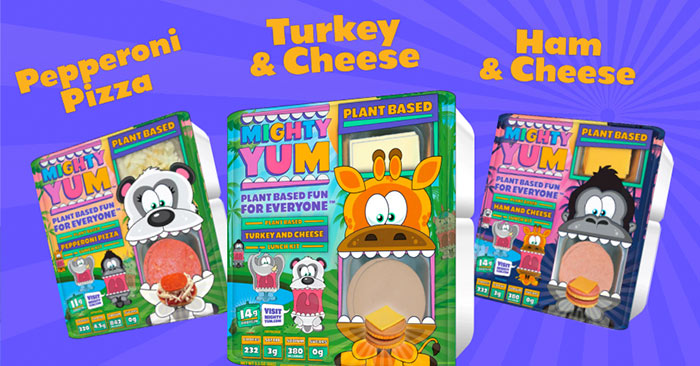
“We want to be in the stores and the chains before anyone has an opportunity to create a similar product,” Elkman said. “We want to build a known brand before any competition sits in.”
Looking to expand into snacking, Mighty Yum subsequently launched MCT-enhanced children’s protein bars, which contain 4 grams of protein and a sweetener blend of monk fruit and stevia. Available in Wild Blueberry, Original and Strawberry Cupcake, the bars are sold on the brands website for $7.49 per five-count box.
Speed has been a focus, Elkman said, and the brand’s meals have 500 and 600 subscription customers per month. In retail, the meals are in three divisions of ShopRite and are expected to launch in regional Target stores in September.
The brand has a two pronged channel strategy, eyeing natural channel retailers like Whole Foods and Sprouts where plant-based products do well but also more mainstream retailers like Costco or Target who are seeking better-for-you options for their shelves. Elkman said, “we want to be a part of that shift.”
Panes and Elkman have backgrounds working in the health and fitness industries. Panes – who built his name on the LOGIC e cigarette brand – also developed a gameable planking product called Stealth Fitness and Elkman owned multiple OrangeTheory gyms in Florida in addition to Fresh Meal Plan (which sold to private equity group New Heights Capital in 2016). As fathers, the two became more focused on healthy childhood eating.
Drawing from his prior experience, Elkman runs the day-to-day logistics of shipping and production while Panes is focused on building an omnichannel sales and marketing strategy, Elkman said. Mighty Yum sources its plant-based cheese and meat from a co-manufacturer, packages the kits, and for online orders, does its own cold-chain fulfillment.
“It’s very simple from that standpoint, compared to my prior business, manufacturing fresh, prepared from scratch, having to cook every ingredient and sauce. It [was] very complex,” Elkman said. “I have a lot of the same individuals that are a part of this business so the learning curve is very shallow for us.”
Still, others have tried the Lunchable model to varying degrees of success. Venture-backed Revolution Foods offered better-for-you granola bars and lunch kits, gaining distribution in thousands of stores, before ultimately discontinuing its entire CPG line in July 2018 in favor of a food service model. Meanwhile, Sunnie recently launched sunflower butter, jam and cracker snack kits in Gelson’s, adding to its portfolio of pizza kits and guacamole dippers.
Mighty Yum has been privately-funded so far by Elkman, Panes and a small group of strategic investors with no plans presently to raise more capital. Elkman said he has taken some lessons from his time building and then selling Fresh Meal Plan into this project.
“The most important part of your business if you believe in it is your equity,” he added. “I’m putting all my sweat and tears, I’m not selling off equity to somebody else and watch[ing] them cash in.”

